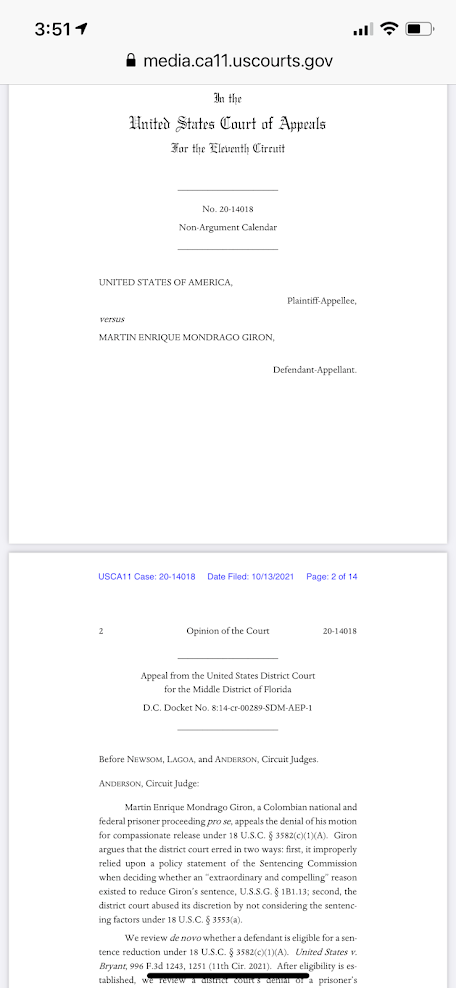We haven't had a new one since the red 2018 version because we haven't had enough Sentencing Commissioners. Now we have the blue cover with yellow lettering. The sole Commissioner, Charles Breyer, wrote a letter explaining what's up:
"As many of you know, since early 2019, the United States Sentencing Commission has been operating without the quorum of four voting members required by statute to promulgate amendments to the sentencing guidelines, policy statements, and commentary...You can listen to Judge Breyer discuss sentencing and other issues on my podcast here.
The Commission has received feedback indicating that hard copies of the 2018 Guidelines Manual are significantly worn and that there is a limited supply of new copies available. In addition, the Commission has identified the need to update Appendix B, the accompanying volume to the Guidelines Manual that compiles the principal statutory provisions governing sentencing, the Commission, and the drafting of sentencing guidelines. Congress has amended several of the statutory provisions contained in Appendix B since the Commission released the 2018 Guidelines Manual.
As acting chair of the Commission, I am pleased to transmit this edition of the Guidelines Manual..."










